Tech Experts Everywhere Are Ditching Android for One Common Reason
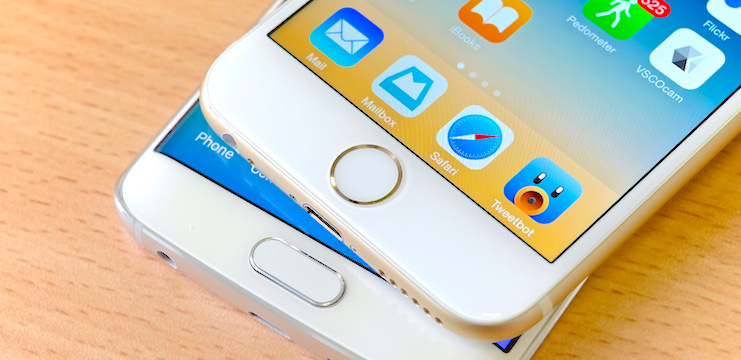
Toggle Dark Mode
There is no doubt vast amounts of people are making the switch from Android to iPhone. In the first quarter of 2015 Apple sold an overwhelming 74.5 million iPhones, and for good reason; iPhone is a great product. While iPhone has multiple advantages over Android devices like build quality, resale value, and battery life, but one unsung selling point reigns supreme: iOS.
You might remember the glaring Android security flaw that we reported on this week. The flaw can let hackers gain unauthorized access to an Android phone in an undeniably simple way.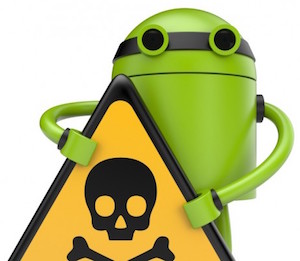
Uncovered by Zimperium, a mobile security firm that manages security and visibility across both iOSand Android devices, the flaw allows a hacker to easily take over an Android device simply by sending a text. ‘This happens even before the sound that you’ve received a message has even occurred,’ said Joshua Drake, a Zimperium researcher and co-author of Android Hacker’s Handbook.”
This security flaw could affect more than 950 million Android smartphones all over the world. And when we say “access” we mean, complete access. When hacked, an Android’s camera, microphone, social media accounts, and bank accounts become open for illicit use. Even scarier, the possibilities of control are only limited to the hackers imagination.
The realization of this massive security flaw was enough for Lorenzo Franceschi-Bicchierai, an information security writer and an Android extremist from Motherboard, to make the switch to iPhone.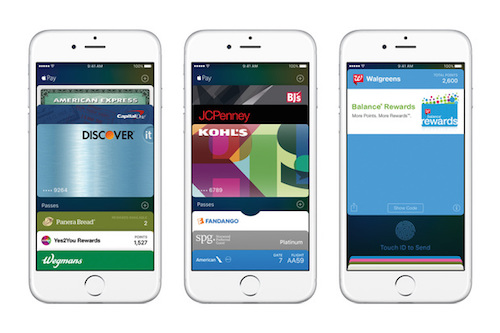
He mentions that he has always known that Android’s security wasn’t that great, but found other reasons to enjoy Android devices, such as its open-ended software and customizability options. However, these factors were seemingly less important in comparison to the Android updates and security patches that, as an information security writer, were undeniably important and were constantly delayed.
His concern for Android’s security grew when it took over 6 months for Sony to push out an important update for his Sony Xperia Z smartphone. 6 months is an excruciatingly long time to wait for an update that is already “available”.
See, when Android releases an update, the update is then sent to the manufacturer of the phone, who will then tweak the software to their liking. Then, the tweaked software will be sent to the wireless carrier for more tweaking, and then eventually the heavily modified software will land on the consumers’ devices.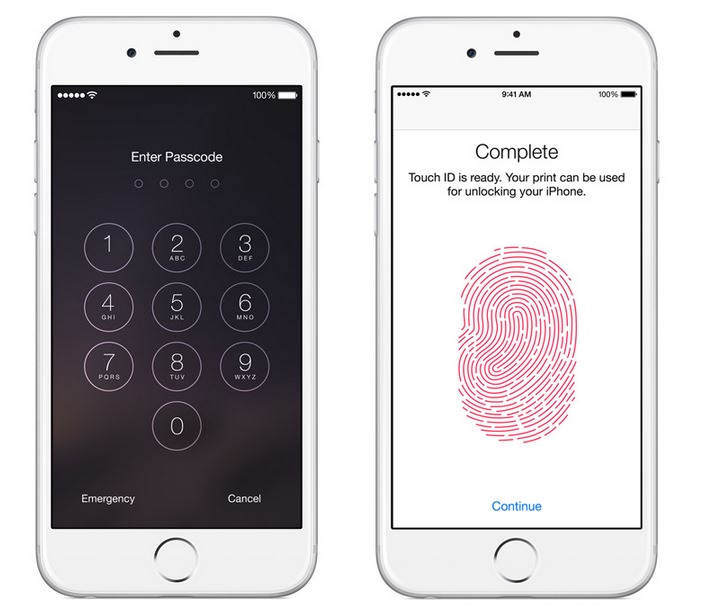
iPhone works on a system controlled not by the carrier, or a third party hardware manufacturer, but by Apple themselves. This system allows Apple to push out updates and security patches as soon as they are ready. Apple has a much higher success rate of getting iPhone owners onto the newest system update than Android ever has. According to TechnoBuffalo, as of April 2015, 81% of iPhone users are running the latest and greatest software. In comparison, according to BGR, only a mere 1.6% of Android users are running Google’s most up-to-date software, Lollipop.
This is becoming much more important in an age of cyber hackers and cyber thieves. We want to keep our information safe and Apple’s ecosystem of products makes it easy. Apple’s closed system makes it much more difficult for a hacker to gain control of an iPhone. Even if iPhone was currently as vulnerable as Android devices, the issue would be brought to Apple’s attention and an update for iOS would be rolled out quickly, something that simply isn’t possible on Android. Software updates must jump through hoops before it can reach the consumer.
Franceschi-Bicchierai is not the first person to write about making the switch to iPhone. Matt Johnston, from Business Insider, also wrote about his experience transitioning from a Samsung Note 3 to an iPhone 6 Plus. He notes a few differences mentioning that the camera would take an awfully long time to load on the Samsung, but the Samsung display was more colorful and vibrant. He mentions many minor differences between the devices but one opinion he stands affirmative on is iOS versus Android, and iOS wins by a long shot.
Johnston goes on to say…
This, of course, is where the biggest divergence is. The operating system is the most important thing about any phone because it is the window to all that you do. iOS just crushes Android on this front. I originally left iOS because I was bored with it. IOS has gone through changes over time, but mostly thanks to minor tweaks each year. I used to hate that, but now I think it’s just fine. A phone should feel familiar and focus on speed and ease of use, and that’s what iOS, for the most part, nails.”
Rick Broida, from CNet, parallels Johnston’s opinion when he writes “Android looks and feels clunky, like something that was engineered, not designed. I like the consistency (and security) of iOS and the apps that run on it, and I even like Apple’s unified ecosystem, warts and all. To me it all feels cohesive, while Android feels like a conglomeration of disparate Google chunks.”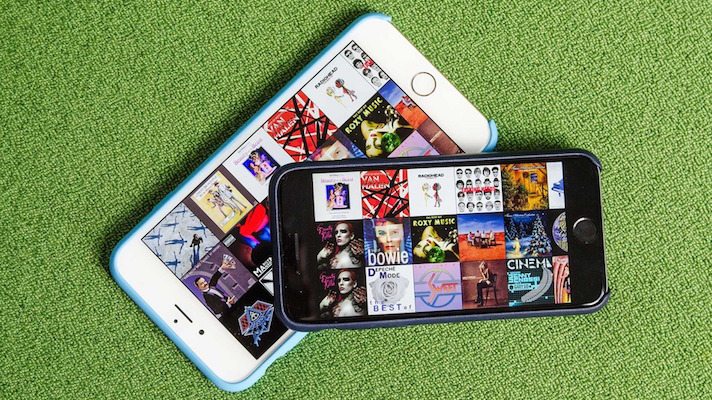
It’s clear that people love Android for particular reasons and people love iPhone for different reasons. One of the most common and unassumingly important reasons people love iPhone is its software experience. People are switching from Android to iPhone because the “window” to all that you do on your smartphone, is your operating system, and it better be a good one.
Everything on iOS just flows together. It works as one seamless piece, and this unified and controlled nature effectively keeps the device running smoothly and ultimately safe from cyber attacks.
Have you switched from Android to iPhone? Were you happier? What aspects of Android do you miss? Do those warrant a switch back, or are you sticking with iPhone? Let us know in the comments below!






